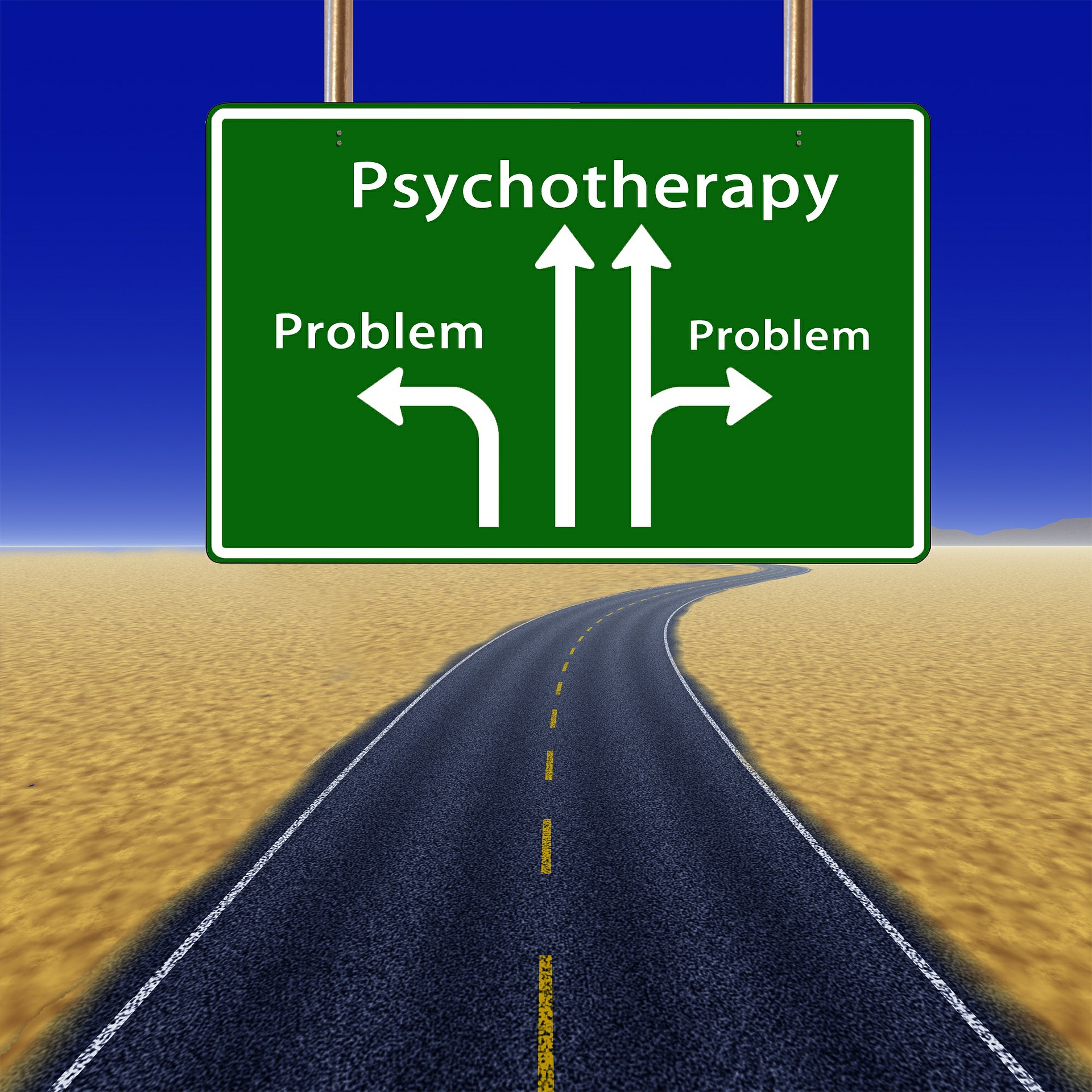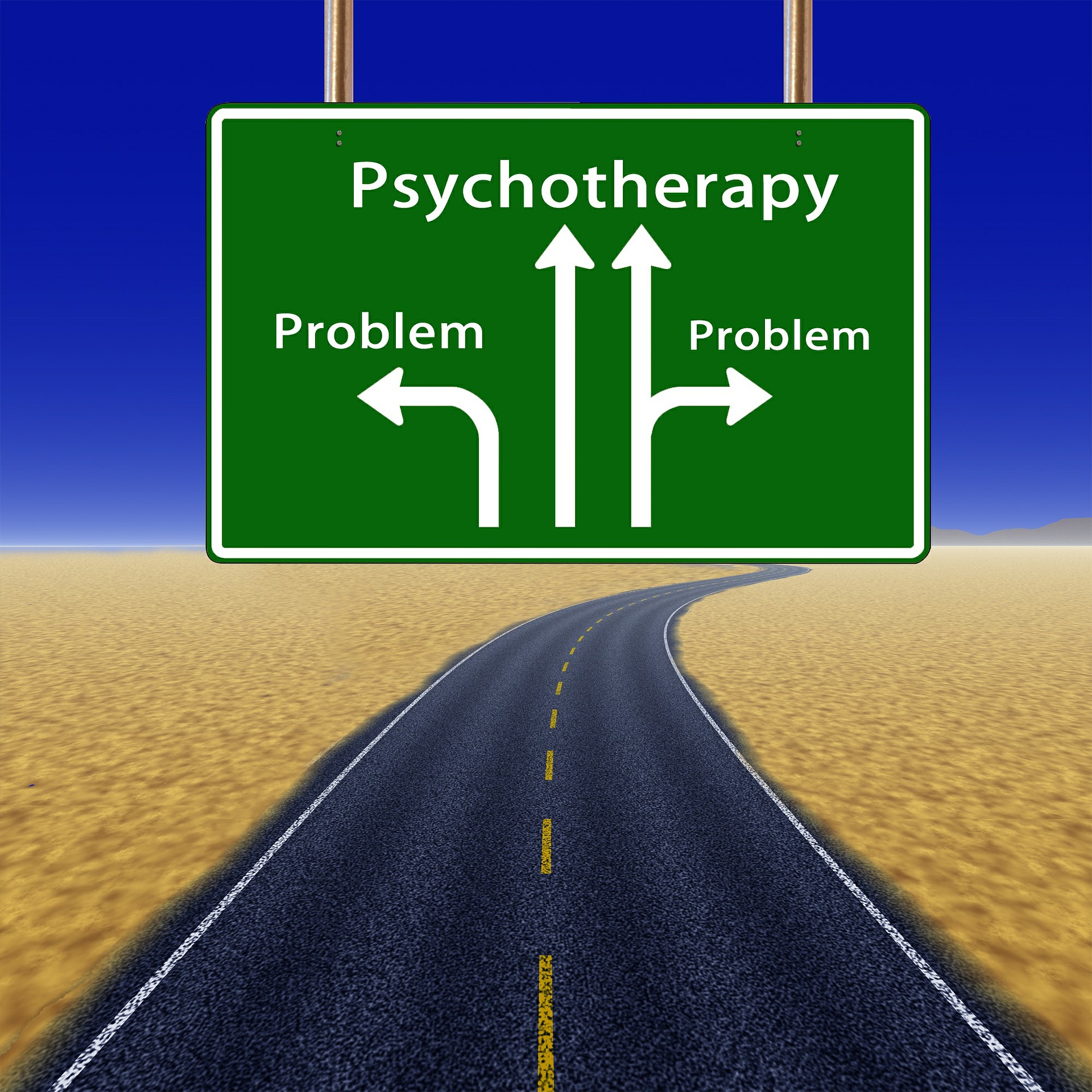Online therapy has become the new norm for NHS and private psychotherapists, psychologists and counsellors following COVID 19 restrictions and social distancing which was introduced in the UK from March 2020. We know that at least 50% of the UK populations is struggling with anxiety, depression and stress and 1 in 4 Individuals will experience anxiety or depression each year. These statistics highlight the need for many to consider accessing online therapy or counselling as this is likely to continue for at least 6-12 months. NHS and Private service providers are now required to offer online services whether that be via telephone, instant messaging or video due to covid 19 therefore I believe it’s important to demystify online therapy as I have delivered this for over 5 years to both Children and Adults and view it as being inclusive, accessible and effective for all.
I realise that many Psychotherapists and potential clients may be sceptical of online therapy therefore I would like to counter some myths about digital therapy and question pessimistic narratives regarding this mode of psychotherapeutic delivery.

- Online Therapy is less effective than face to face therapy
Online psychotherapy includes the delivery of psychological therapy in various modes including instant messaging and video sessions. Online therapy requires the same amount of preparation for psychotherapists if not more in the novice stages due to familiarisation with technology which can be problematic at times. Consequently, the client is provided with the same level of expertise and engagement with both digital and face to face therapy. Research suggests that digital therapy is as effective as face to face therapy and leads to significant reductions in the primary outcome measures of anxiety and depression along with improved functioning (Duffy et al 2020)
2. Online Therapy is less engaging as you are not in person
This myth has frequently been explored and researched and from my experience online therapy is as engaging as face to face however the therapist has to be more intentional about engagement strategies whilst ensuring that distractions are limited due to the location of the therapy. Digital therapy could be perceived as more engaging in some ways as clients may be less anxious due to being in a comfortable and familiar environment. In conclusion I believe various factors impact upon engagement including the personality of the therapist, client and the nature of the difficulties and goals to be explored during therapy. Andrews & Newby (2018) discovered that Online Cognitive Behaviour Therapy is equally effective as face to face therapy for those experiencing depression, panic, social anxiety and Generalized Anxiety. Moreover Andrews & Newby reported high satisfaction rates, acceptability and moderate adherence.
3. Online therapy is ineffective at treating anxiety as having therapy online could be viewed as avoidance
Online therapy could be perceived as a vehicle whereby anxious clients avoid facing their fears whilst using safety behaviours such as staying at home and avoiding maintaining eye contact in the session in order to prevent their feared catastrophe from happening. However, a skilled psychotherapist would formulate and conceptualise a client’s anxiety including their avoidance and safety behaviours which would be addressed in and out of session through behavioural experiments to test predictions and increase confidence of the client. Its important to acknowledge that the success of psychotherapy is not solely determined by what occurs during the session but by what occurs outside of the session when the client consolidates and applies skills acquired in therapy consistently.

4. Excludes individuals due to technological requirements
Online therapy does require an Individual to have access to a computer and for some possibly a phone or tablet is sufficient. If an Individual does not own these products, they are not excluded from accessing therapy as they can use a family or friends’ device, and this has occurred at times during my therapeutic practise.
5. Anxiety provoking
Most clients that I have worked with report that online therapy is less anxiety provoking due to being in the comfort of their own environments and parents, family or friends are able to attend if this facilitates the client’s engagement. Online therapy is usually perceived as being more convenient and accessible especially for children who can sometimes complete this whilst at school in a private classroom or in their bedroom. I have observed that most clients are less anxious due to the feeling of anonymity and not being required to sit in a waiting room with strangers, find parking, speak to a receptionist or travel to an unfamiliar location which evokes a lot of uncertainty for many.
If you have any questions regarding this article feel free to contact Martina at [email protected] or connect with Rapha Therapy Services on Social Media Platforms
Instagram – rapha_therapy_service
Facebook- @RaphaTherapyServicesLimited
LinkedIn – Martina Motivator Witter


